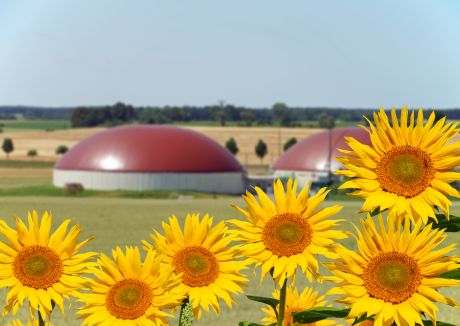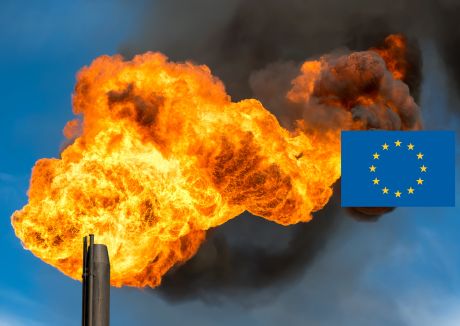The 28th Conference of the Parties of the UNFCCC (COP 28) is a landmark in the annual series of conferences, being the first ‘global stocktake’ following the 2015 Paris Agreement (COP 21), in which the parties set a goal of limiting global warming to well below 2 degrees C and to pursue efforts to limit temperatures to 1.5 degrees C.
In the two years leading up to the conference, negotiators reviewed a technical stocktake that showed the world was falling far short of its collective climate goal. The objective of COP 28 was to agree a ‘course correction’.
The conference reaffirmed commitment to a 1.5 degree C target (despite the conclusion that the world was far off track to meet that goal).
Three of the most important decarbonisation efforts stated in the final agreement are: a tripling of renewable energy capacity globally; a doubling of the global average annual rate of energy efficiency improvements by 2030; and a substantial reduction in non-carbon-dioxide emissions, particularly methane, by 2030.
The IEA had previously calculated that these three measures (assuming a 75% reduction in methane emissions) would provide 80% of the change needed to realign with the 1.5 degrees C pathway by 2030.
The agreement also includes carbon capture as a low-emission technology to be accelerated (particularly for use in hard-to-abate sectors); and recognises that transitional fuels (read ‘natural gas’) can play a role in facilitating the energy transition while ensuring energy security. Moreover, the final text calls for "accelerating efforts towards the phase-down of unabated coal power".
Although the headline outcome of the conference has been the recognition of the need to transition away from fossil fuels in energy systems, the totality of the COP 28 agreement is as positive for the gas industry as it could reasonably have hoped. T
he agreement recognises that the transition away from fossil fuels needs to be just, orderly and equitable, implying that developing countries may continue to increase their use of fossil fuels alongside renewable electricity to further economic growth, poverty reduction and access to electricity.
Gas will likely be accepted as the most responsible means of achieving this. The reference to carbon capture technology leaves open a role for gas in a carbon neutral future, even if much diminished relative to today.
The conference has helped crystalise the way forward for oil and gas companies: to develop the gas resources needed for continued economic development; to invest in the reduction of methane leaks along the full gas value chain; and to continue to develop carbon capture technology, either for use with gas burning applications or for the production of blue hydrogen.
Indeed, on the sidelines of the conference, 50 oil and gas companies including Shell, TotalEnergies, BP, Saudi Aramco, Petrobras, and Sonangol (representing nearly half of global production) pledged to reach near-zero methane emissions and end routine flaring in their operations by 2030. With this approach, the gas industry can maximise its contribution to the energy transition.








